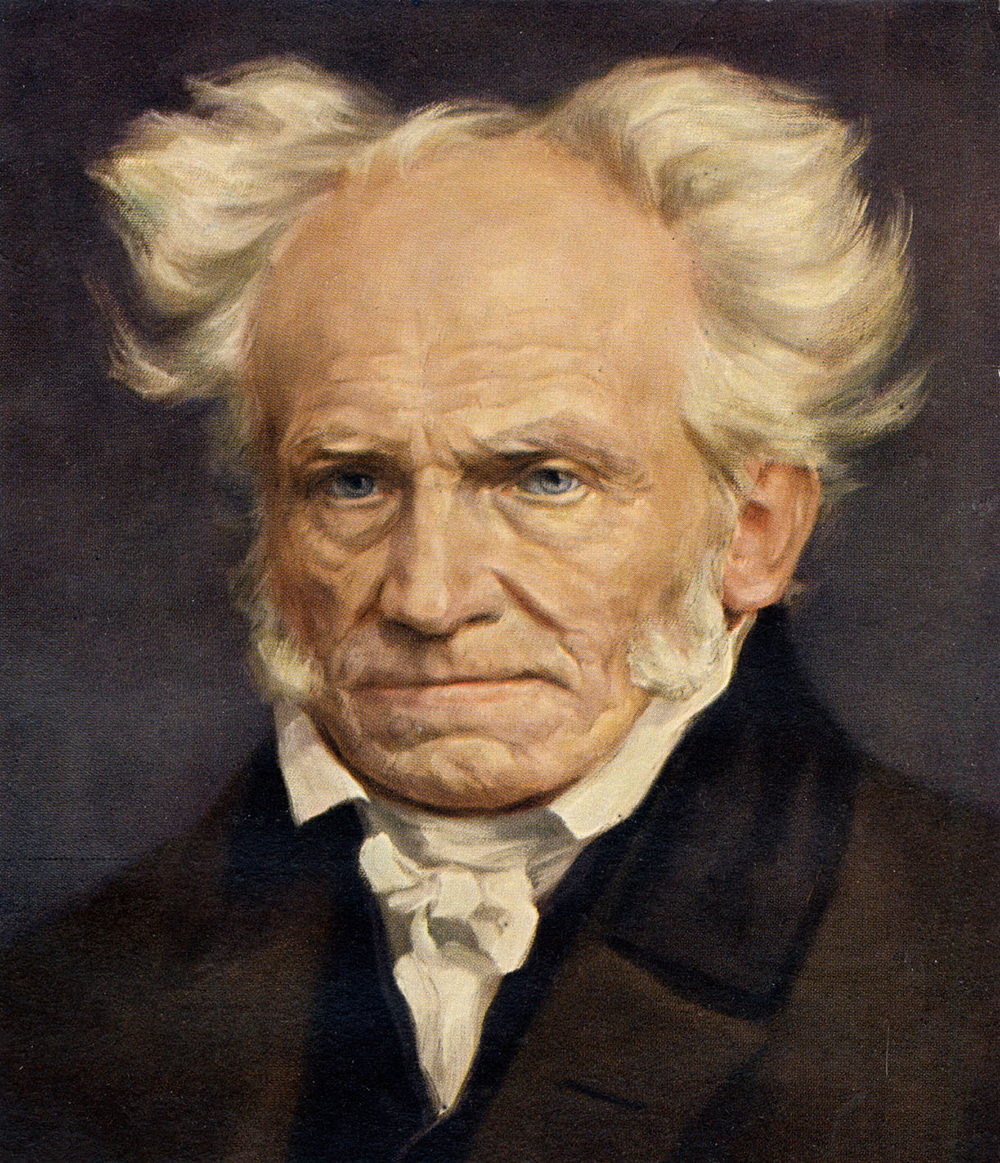Nearly a year ago the EU unveiled what it called its ‘New Pact on Migration and Asylum’ with much fanfare. The Commission president, Ursula von der Leyen, boasted that the pact ‘means that Europeans will decide who comes to the EU and who can stay, not the smugglers’.
As is the way with the bureaucratic behemoth that is Brussels, the Pact won’t start to be implemented until the summer of 2026. So there is plenty of time for the people smugglers to ferry thousands more migrants into Europe from Africa and the Middle East.
The power in Europe these days lies with the courts, and they overwhelmingly lean to the left
The preferred route for the smugglers this year has been across the Atlantic Ocean into Spanish territory, exploiting the indulgence of Spain’s Socialist government towards free movement. Whereas Italy has reduced the number of illegal entries on its territory by 62 per cent in 2024, in Spain over 40,000 people have arrived, an increase of 155 per cent on the previous year.
The principal entry point is El Hierro, the most southern of the Canary Islands, which this year has received nearly 20,000 migrants, double the number of the island’s population. One consequence of the invasion is that El Hierro’s small hospital has been overwhelmed. Its 31 beds are insufficient and tents have been erected while other patients are treated in corridors.
The migrants who make it to Spanish territory usually embark in small boats from Mauritania or Gambia, although the majority of people making the perilous voyage hail from Morocco, Mali and Senegal. Thousands who arrive in Spain are unaccompanied minors and the government has written to Ursula von der Leyen calling for a European response to the crisis. In his letter, Ángel Víctor Torres, Spain’s minister for regional policy, requested that these minors should be resettled in other EU countries.
This is unlikely to go down well with some nations, particularly France, where underage illegal immigrants have become, in the words of Le Monde, ‘the disposable soldiers of drug trafficking’. These youngsters are a target for drug cartels in Paris, Marseille, Grenoble and other cities, who offer them the chance to make easy money. Last week in Lyon, police dismantled one drug dealing point and arrested three people, all migrants from Africa who claimed to be unaccompanied minors.
Along with the West African route, the two other avenues into Europe that have seen a significant upturn in numbers this year are the Eastern Mediterranean (an increase of 14 per cent on 2023) and the Eastern land border (195 per cent).
These routes are favourites with Syrians, Iranians, Afghans, Somalis and Eritreans, many of whom harbour dreams of settling in England. So far this year, nearly 33,000 have crossed the Channel in a small boat and many more are camped on the French coast waiting their turn.
Local mayors have reached the end of the tether. Last month, the mayors of 15 communes called on their government to do something, saying ‘We can’t take it anymore, and as mayors we need more than just good words’.
That elicited little by way of response, so they have now turned their ire on the British. ‘We’re talking about a border, but it doesn’t exist because the British authorities accept all the migrants who arrive,’ said Sony Clinquart, mayor of Grand-Fort-Philippe. He and other mayors accuse the British of tacitly encouraging the migrant crisis by their continual refusal to tackle the black market economy. In 2015, David Cameron promised to address the issue, admitting that ‘it’s still too easy to work illegally in this country’.
Yvette Cooper, Labour’s Home Secretary, spoke recently along similar lines – but there is no sign that this government is serious about tackling the problem. Consequently, Britain remains a magnet for migrants and Calais – as it has been for 25 years – will remain the principal assembly point for all migrants desperate to reach England.
The mayor of Calais, Natacha Bouchart, said last week ‘that’s enough… we’ve got to get to grips with the British’. One suggestion – swiftly rejected by the British government – was to establish legal routes to Britain for migrants in order to end the small boat phenomenon.
This reveals a worrying naivety on the part of the mayors. As former French president Nicolas Sarkozy explained in an interview last month: ‘We are only at the beginning of the migration crisis’. The numbers making the journey north from Africa are a mere trickle to what will occur between now and 2050 as the continent’s population doubles to 2.5 billion.
Sarkozy believes that the only way Europe can save itself is the establishment of processing centres ‘south of the Mediterranean’ to distinguish genuine asylum seekers from economic migrants. Any migrant who bypasses these centres to reach Europe should be swiftly deported.
Last month Ursula von der Leyen hosted an EU summit to discuss the migrant crisis and there was bold talk of ‘innovative solutions’. One of those solutions, praised by von der Leyen, was Italy’s plan to send migrants to be processed in Albania. And what happened a couple of weeks later? A judge in Rome refused to validate the scheme and referred it to the EU Court of Justice.
The Italian left was delighted with the ruling, just as the French left was cock-a-hoop at the start of this year when the Socialist-dominated constitutional court in Paris took annulled one third of a new immigration bill because they considered it too stringent.
It’s true that in recent years many EU countries have voted in right-wing governments, mainly because of their tough campaign talk about mass immigration, but a fat lot of good it has done their electorates. The power in Europe these days lies with the courts, and they overwhelmingly lean to the left. In other words, don’t expect an end to the migrant crisis any time soon.








Comments